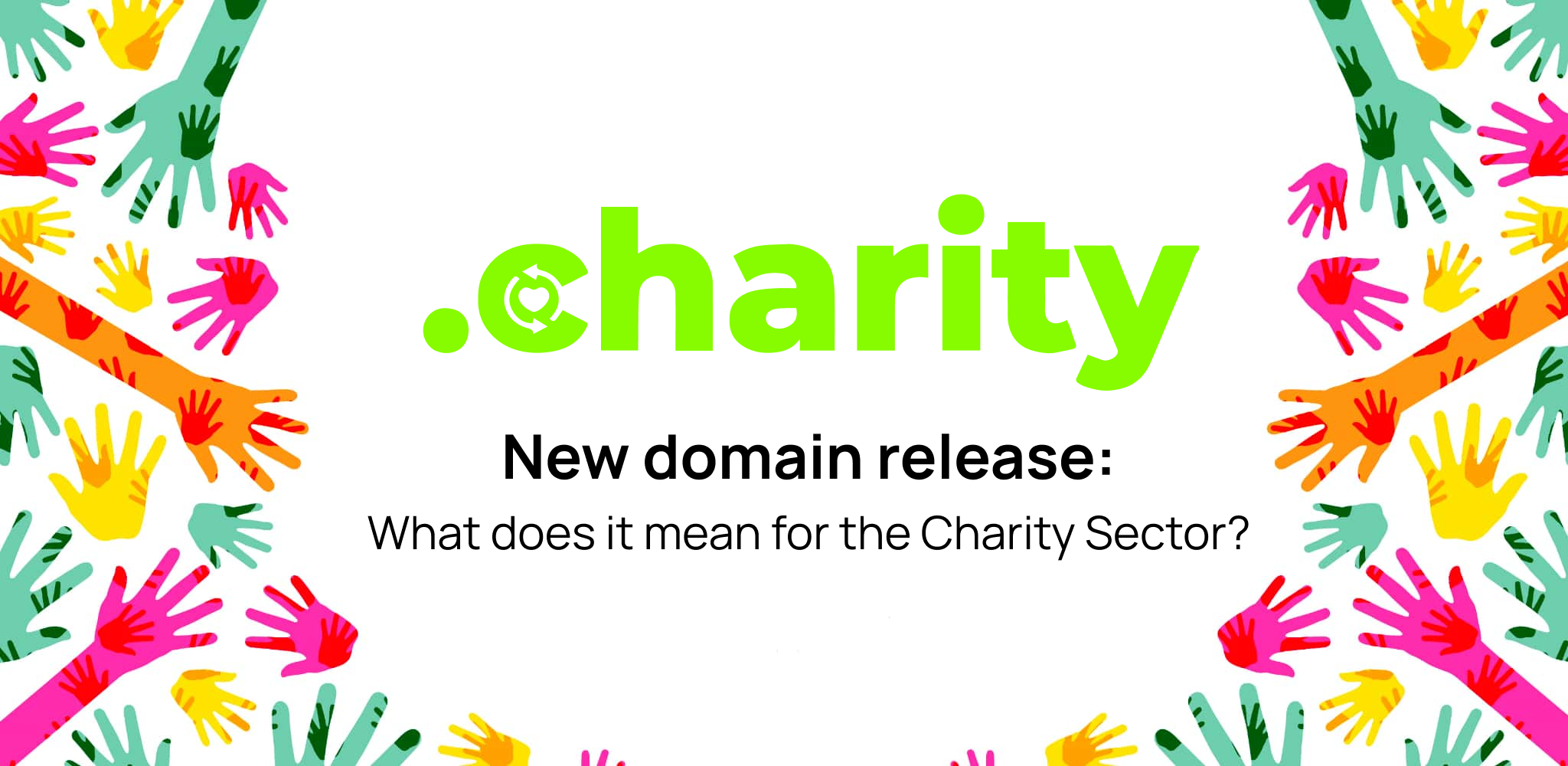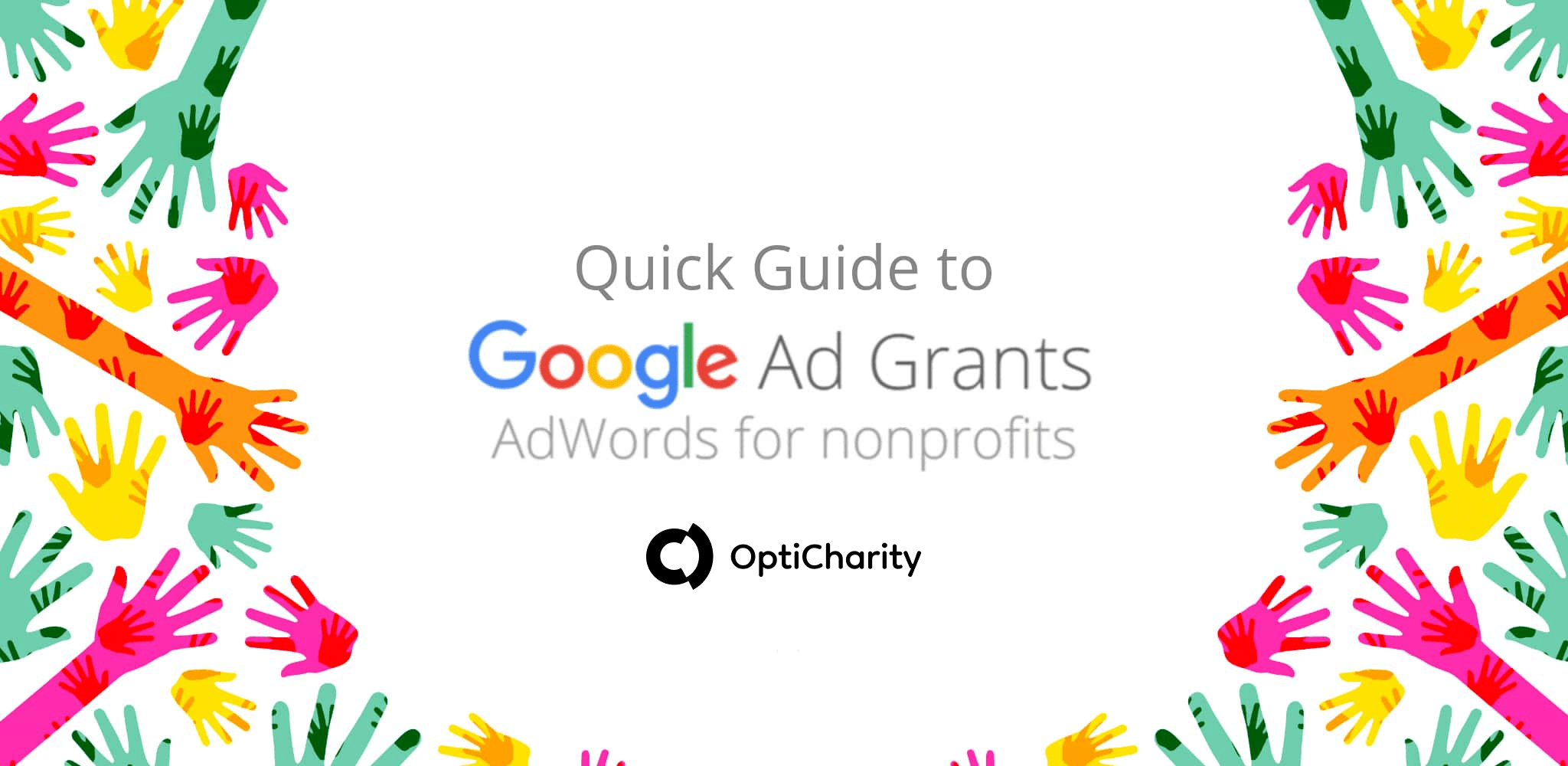In the ever-evolving landscape of the internet, where digital identities are shaped by domain extensions, the recent introduction of .CHARITY as a new generic Top-Level Domain (gTLD) has piqued the interest of charitable organisations worldwide. As the promise of increased diversity and choice in online nomenclature unfolds, a critical consideration looms large: the indexing dynamics of search engines, notably the discerning eyes of Google.
.CHARITY: A Global Stage for Charitable Entities
The inception of .CHARITY, brought forth under the auspices of ICANN’s New gTLD Program, holds the potential to redefine how philanthropic and humanitarian entities establish their online presence. With the scarcity of traditional domain names such as .com and the significance of country-specific domains like .co.uk, .CHARITY emerges as a beacon for those seeking a unique digital identity.
The Pros and Cons for Charities in the Digital Arena
At first glance, the allure of .CHARITY lies in its promise to provide distinctive online addresses for charitable organizations, offering a chance to stand out in a crowded digital landscape. However, beneath the surface, a crucial concern surfaces – the intricate dynamics of search engine indexing.
Historically, search engines, particularly Google, have exhibited a clear preference for indexing traditional domain extensions like .com and country-specific domains such as .co.uk. The comfort and trust associated with these well-established domains play a pivotal role in Google’s algorithmic rankings, fostering a sense of credibility and reliability among users.
Indexing Challenges for New gTLDs: A Hurdle for .CHARITY
In contrast, the road for new gTLDs like .CHARITY might be paved with indexing challenges. Google’s algorithms, finely tuned to navigate the stability of .com and country-specific domains, may encounter difficulties assimilating and ranking websites using these novel extensions. This potential disparity in indexing could impact the visibility and discoverability of .CHARITY websites in the vast realm of search engine results.
The Contenders and the Uncertainty of Allocation
The ongoing race for control of .CHARITY involves key contenders, with companies like Donuts and Famous Four Media vying for the coveted domain extension. However, the ultimate decision rests in the hands of ICANN, introducing an element of uncertainty into the allocation process.
Pondering the Future Dynamics and Adaptations
As .CHARITY steps onto the stage, shaping the online presence of charitable organizations, the question of how indexing challenges associated with new gTLDs will evolve over time comes to the forefront. The dynamic nature of the digital realm suggests that technological advancements or adjustments in search engine algorithms may, over time, address these challenges.
In conclusion, while .CHARITY holds promise as a unique digital identifier for charitable entities, the nuanced dynamics of search engine indexing underscore the complexities associated with new gTLDs. The historical preference of search engines for .com and country-specific domains prompts contemplation on the adaptability of these engines to the diverse domain landscape introduced by gTLDs like .CHARITY. As the digital saga continues, the true impact of .CHARITY will become clearer, painting a picture of the evolving relationship between search engines and the expanding domain horizon.
A Closer Look at .CHARITY
At its core, .CHARITY is introduced as a global gTLD under ICANN’s New gTLD Program, offering a unique space for entities engaged in philanthropy and humanitarian causes to carve out their digital identity.
The potential advantage for charities lies in the prospect of securing distinctive online addresses as conventional domain names become scarce. However, a notable concern arises in the realm of search engine indexing.
Google’s Preference for .COM and Country-Specific Domains
Historically, search engines, especially Google, have demonstrated a preference for indexing traditional domain extensions like .com or country-specific domains such as .co.uk. This preference is rooted in the familiarity and trust associated with these well-established domains. Google’s algorithms are finely tuned to recognize and rank these domains, providing a certain level of credibility and reliability to users.
Indexing Challenges for New gTLDs
In contrast, new gTLDs like .CHARITY may face challenges in the indexing process. Google’s algorithms, optimized for the stability of .com and country-specific domains, might encounter difficulties assimilating and ranking websites using these newer extensions. This disparity in indexing could potentially impact the visibility and discoverability of .CHARITY websites in search engine results.
Contenders in the .CHARITY Race
The ongoing race for control of .CHARITY involves contenders like Donuts and Famous Four Media. As ICANN holds the key to the final decision, the uncertainty in allocation adds an additional layer of complexity.
Future Dynamics and Adaptations
As .CHARITY begins to shape the online presence of charitable organisations, the evolving landscape prompts contemplation on how indexing challenges associated with new gTLDs will progress. The dynamic nature of the digital realm suggests that technological advancements or adjustments in search engine algorithms over time could potentially address these challenges.
In conclusion, while .CHARITY holds promise for charities seeking a unique digital identity, the nuanced dynamics of search engine indexing underscore the intricacies associated with new gTLDs. Google’s historical preference for .com and country-specific domains raises questions about the adaptability of search engines to embrace the diverse domain landscape introduced by gTLDs like .CHARITY.





